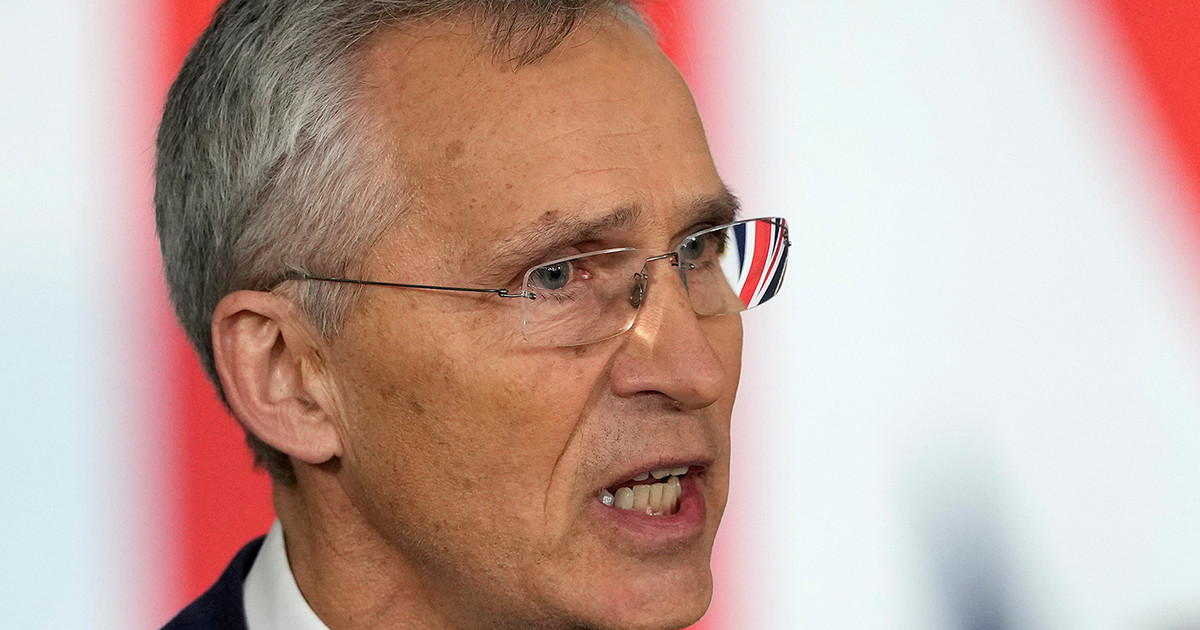Frontal and full-fledged is the attack that SYRIZA is preparing on the Government during the discussion on the budget (it will be voted next Saturday).
This emerges from points in the presentation Alexis Tsipras to his Parliamentary Group which met earlier, behind closed doors and via zoom.
“The government is presenting a budget that considers the pandemic over and the wave of price increases and accuracy is temporary,” he said, adding that it was fictitious, Tsipras was quoted as saying by party sources.
At the same time, he announced a “battle” of all government material in Parliament during the debate (it starts tomorrow afternoon at 18.00).
“The budget debate is not a battle that will only concern the economy. It will be a total battle, a political battle,” he told lawmakers.
In this context, based on party sources, Mr. Tsipras said, among other things:
“Apart from the economic figures, the battle of the Budget, the long debate in the Parliament is not only about the economy. It is a total political confrontation and as such we must see it. of the vote of confidence, but it also has the character of opposition, denunciation and counter-proposal for the opposition parties, so we must see this confrontation as a total parliamentary battle of conflict with the implemented Mitsotakis policy.
This confrontation comes at a critical time for Greek society. At a peak of what I often call a “double pandemic”. From the health one, which goes from bad to worse every day, with the country in recent months champion all over Western Europe in losses per million population and with the NSS collapsing. And this forms objectively heavy responsibilities for the government and its manipulations.
And on the other with the “pandemic” of accuracy, which has not yet peaked. We are still on the rise of a phenomenon that affects very heavy households and businesses.
Terrifying price increases on all products and especially the outrageous increases in electricity and energy bills are taking households and businesses off the budget and leading to a rapid decline in income and purchasing power. We must not overlook the fact that at the time of the debate in Parliament, the majority of professionals, farmers, employees and especially small and medium-sized enterprises are facing a frightening increase in the cost of production and shrinking income, while households are facing the syndrome of the third week. That is, their money runs out before the third week of the month even ends.
The budget in the figures gives signs of recovery, after the terrible recession of last year. But it is one thing to talk about sustainable development and another to talk about recovery, the rebound, that is, from last year when we had a fall in GDP close to 9 points.
The crucial issue, however, is whether this recovery will be inclusive, ie it will affect the majority of citizens, households and businesses or whether it will affect a few who will have increased profits even during the pandemic. While equally crucial is the sustainability, prospects and course of the Greek economy as a whole.
So it is no exaggeration that in Mr. Mitsotakis’s Greece the numbers are prosperous but the people are suffering.
A key element we must insist on is the fact that the government is presenting a budget which considers the pandemic over and the wave of price increases and accuracy to be temporary.
A budget that is virtual reality and out of place and time.
The reason why Mr. Mitsotakis and his government are submitting this off-site and out-of-time budget, ignoring the ongoing pandemic crisis and accuracy, is their commitments, which were reflected in the Medium-Term Approval approved last June, for fiscal adjustment between 2022 and 2023 of the order of 9 percentage points. This is a frightening fiscal adjustment amid a pandemic and an explosion of the energy crisis.
The government has set a target of moving the primary deficit from 7% to 1% at the end of 2022 and to a + 2% surplus at the end of 2023.
The fiscal adjustment of 9 points in two years is equivalent to the terrible fiscal adjustment made in 2013, the toughest memorandum period. And it is extremely difficult to achieve without dramatic economic and social consequences and an explosion of inequality.
We therefore understand why the government decides to table a budget that it considers an end to the pandemic and cuts with a knife the aid and support measures.
Therefore, our criticism of the government concerns both the imaginary image it cultivates for the country and the pandemic, but also its refusal to support vulnerable social, economic and professional groups due to the pandemic, due to its commitments in the medium term. As well as in its timidity to demand from now on the revision of the Stability Pact.
Mitsotaki’s forecast – commitment for 2% primary surplus in 2023 comes at a time when this debate about where the EU will “land” the day after the pandemic and the emergence of an alternative agenda to the failed austerity measures implemented in the pre-pandemic period, is in full swing. The Mitsotakis government, however, is absent from this debate.
An important element of our critique of this budget is the planning for the allocation of European Recovery Fund resources. A design that puts the cart in front of the horse. It does not put forward needs and goals. It does not aim for inclusive sustainable development. It does not aim to alleviate inequalities and, above all, regional inequalities, or even to support small and medium-sized enterprises, the vast majority of which are completely excluded. It does not aim to reduce unemployment. But first they plan how to distribute the money to large business groups and then based on the division they have pre-decided, they see what goals can be achieved.
But even so, Mr. Mitsotakis’s government is showing an unprecedented inefficiency in absorbing this money in time. Already based on last year’s budget, they provided for disbursement of 1.5 billion. euros in 2022. This was revised during the deposit of the Medium Term to 650 million, to finally close the current year with a disbursement that as everything shows will not exceed 150 million euros.
This is a very bad omen, which shows us that apart from the design and our basic opposition to the design structure or model of the Recovery Fund that throws out social needs and small and medium-sized enterprises, there is also a question in relation to the absorption of resources, which the Mitsotakis government will deal with very strongly in the coming period.
Returning, however, to the great problems of the Budget, which concern what the average citizen experiences, the pandemic and the crisis of accuracy, we can only emphasize:
Cutting health spending.
The absence of costs to deal with accuracy.
Structural budget failures that could lead to a frightening economic and social impasse from the very first months of next year.
Particularly in the area of the health crisis, not only does it not provide for increased spending on health, but it also predicts a frightening reduction in spending of almost € 800 million. This is a criminal decision.
Mr. Mitsotakis does not refuse to support the NSS only due to reluctance to spend for the welfare state but also out of ideological obsession, since he has left for two years without support the public health system and the health professionals. Precisely because his perception of the economy and society is not the perception of a strong public space but of strengthening in any way the private sector even to the detriment of the State.
Finally, I consider it necessary for our criticism to always be enriched by suggestions.
To show that there is another way out of the crisis with society standing.
With measures to support social groups that continue to be affected.
With the reduction of EFK in fuel, heating and driving oil, agricultural oil.
With the immediate increase of the minimum wage to 800 euros.
An initiative similar to those taken by other European countries (Spain, Portugal, Germany) as a measure of inaccuracy. And this is not just a pro-people policy but a highly developmental one, given that in a time of crisis the purchasing power of the citizens is strengthened and this money will be able to move the market.
The government’s argument that SMEs will not be able to stand it is false, because our proposal to increase the minimum wage is directly linked to a business support policy with our emblematic proposal to settle the pandemic debt with a write-off and part of the principal debt.
It is a debt that was created without the responsibility of the people who do business, they did not take business risk, they were forced to close. And it is a proposal – as we have the solvency to deposit it since we did the same for the insurance debts after the exit from the memoranda – that does not create a large financial burden, it may be very small or non-existent, since these debts , unless conditions are created that will facilitate their repayment, they may never be repaid, with many companies facing padlocks, from which the State will collect absolutely nothing but debts.
The Budget debate is not just about the economy. It will be a total battle, a political battle.
Towards the government and its policy, everyone should be placed on the basis of their own experiences, the sector and the region they represent.
Why should no one forget that in this battle in Parliament we represent our fellow citizens, who want to hear their problems, anxieties, demands and realistic proposals for their solution, away from ideological obsessions, incompetence and the inaction of the government of Mr. Mitsotakis.
.
Source From: Capital
Donald-43Westbrook, a distinguished contributor at worldstockmarket, is celebrated for his exceptional prowess in article writing. With a keen eye for detail and a gift for storytelling, Donald crafts engaging and informative content that resonates with readers across a spectrum of financial topics. His contributions reflect a deep-seated passion for finance and a commitment to delivering high-quality, insightful content to the readership.





